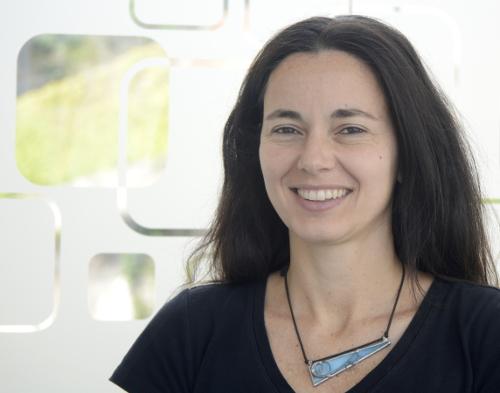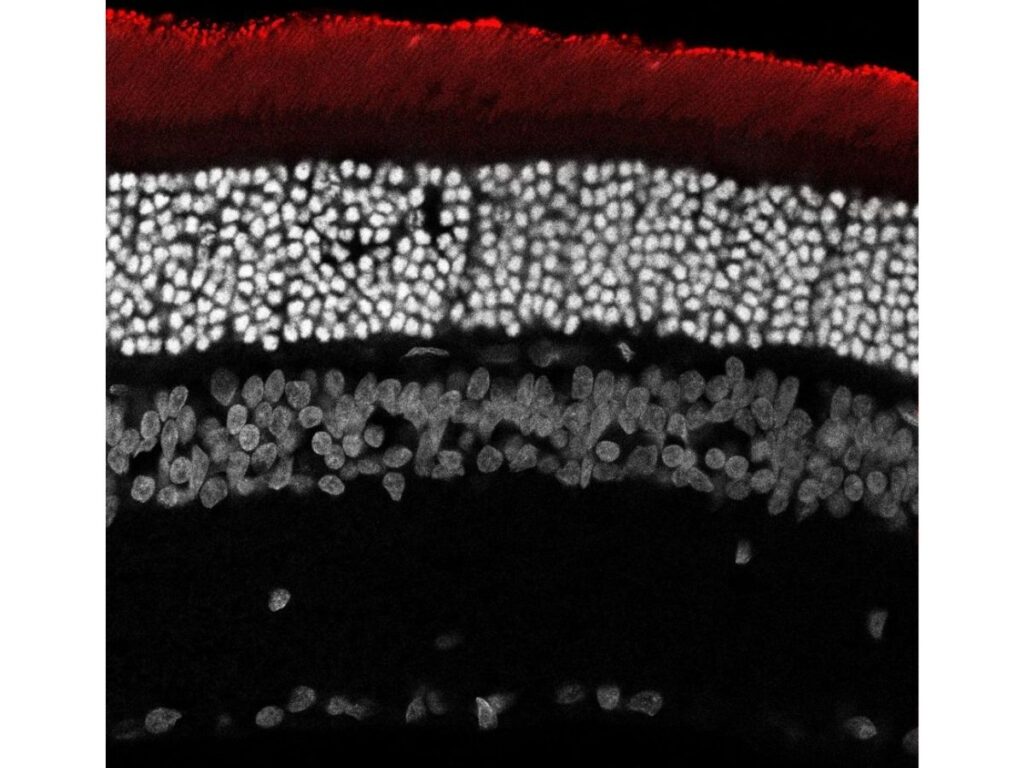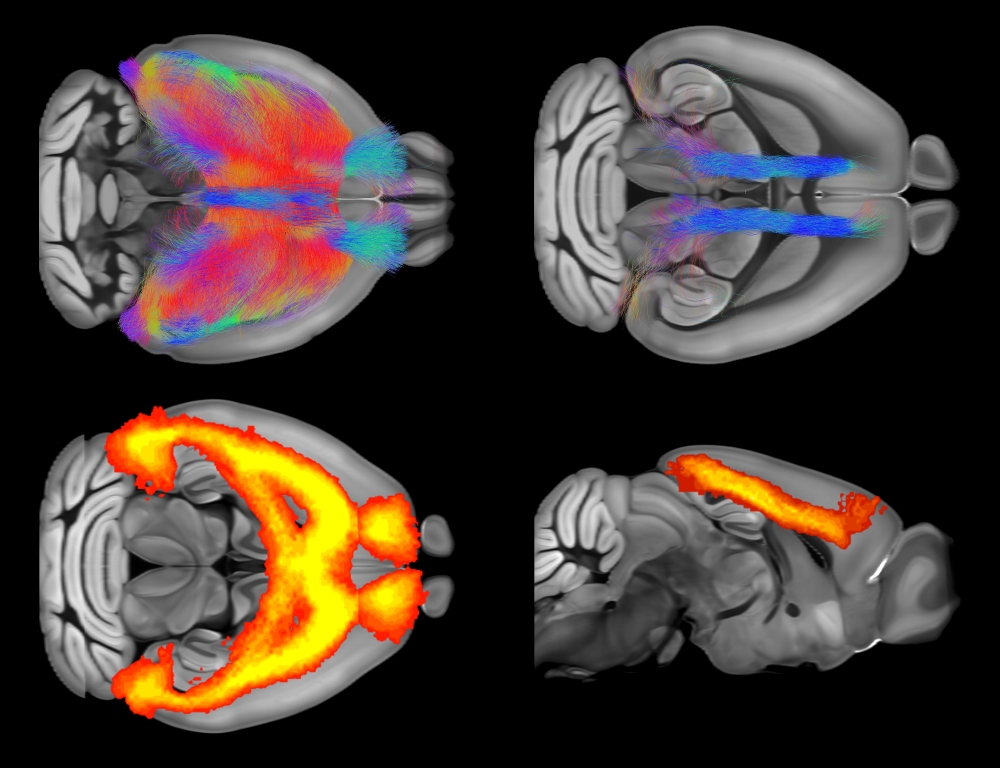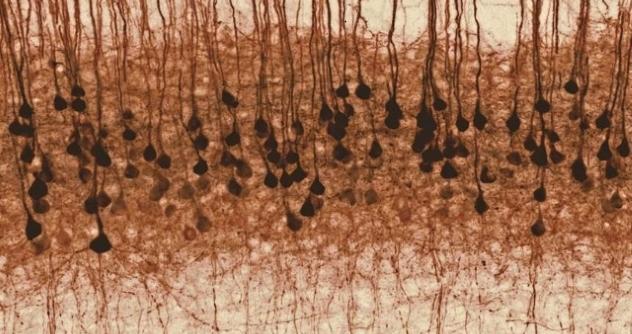The Federation of European Neuroscience Societies has selected Laura Cancedda, researcher at IIT, among the 15 new scientists of the Kavli Network of Excellence.
On the 30 June the Federation of European Neuroscience Societies (FENS) announced the names of the 15 newly selected scholars of the FENS Kavli Network of Excellence. The FENS Kavli Network scientists are chosen for the originality and impact of their research activity in the neuroscience area. FENS aims to improve neuroscience in Europe by putting these young researchers in the driver’s seat. They should communicate to the citizens how important is understanding the brain funcioning and encourage science policy to connect fundamental research and innovation technology so that society can take advantage of it.
Among the newly selected scientists there is also Laura Cancedda, principal investigator at the Italian Institute of Technology (IIT) and scientist of the Telethon Dulbecco Institute. At the IIT facility she coordinates since 2008 a research group composed by 10 people, both PhD students and Post Doc’s, investigating the neurogenesis, migration and morphological maturation of cortical neurons.
“I’m very glad I have been selected to join the FENS Kavli Networkof Excellence. To me this represents a great honour and an extraordinary opportunity. The network is an exceptional platform to promote the importance of fundamental brain research outside the scientific community. Contributing to make citizens and decision-makers familiar with these issues initiates a positive feedback loop which finally allows researchers to work in the best possibile environment and improve citizens life”. A remarkable example of such improvements was achieved last year by Laura Cancedda and her group. Using a mouse model, they showed that a well-known diuretic drug is able to mitigate the cognitive symptoms in the Down syndrome. The result has been published in Nature Medicine, and now the clinical trial is about to start.
Further readings
Nature Medicine 21, 2015, 318–326, Reversing excitatory GABAAR signaling restores synaptic plasticity and memory in a mouse model of Down syndrome. Authors: G. Deidda, M. Parrini, S. Naskar, I. F. Bozarth, A. Contestabile, L. Cancedda.





